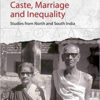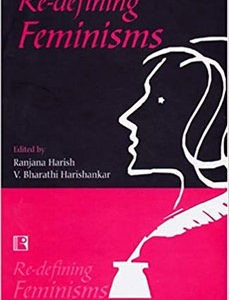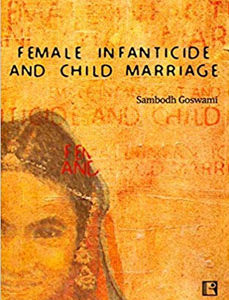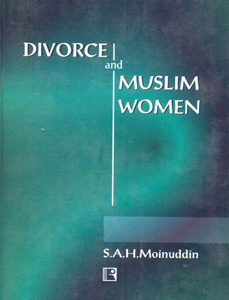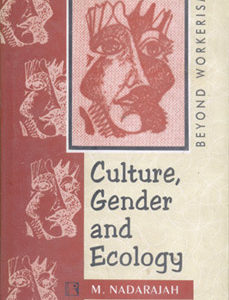WOMEN’S HUMAN RIGHTS: Seeking Gender Justice in a Globalizing Age
₹1,195.00 Original price was: ₹1,195.00.₹956.00Current price is: ₹956.00.
25 in stock
Women’s Human Rights explores the emergence of transnational, UN-oriented, feminist advocacy for women’s human rights, especially over the past three decades.
It identifies the main influences that have shaped the movement and explores how Western, legalist, state-centric as well as profound gender biases continue to impede enjoyment of human rights in women’s lives in all regions.
The book traces the evolution of the women’s human rights movement through an examination of its key issues, debates and practical interventions in international law and policy arenas. This includes efforts to:
• Develop global gender equality norms via the UN Women’s Convention;
• Frame violence against women as a human rights issue;
• Address gender-based crimes in conflict and ensure women’s equality in post-conflict transformation;
• Highlight the gendered human rights dimensions of widening inequalities in neo-liberal globalization;
• Counteract politicized religious movements that actively oppose women’s human rights, especially reproductive and sexual rights.
Ultimately, Women’s Human Rights reaffirms a commitment to critically reinterpreted universal human rights principles and demonstrates the vital role that bottom-up, transnational movements play in gaining recognition for and driving the realization of women’s human rights.
Contents
1. Women’s Human Rights Advocacy
2. Human Rights, Gender and Contested Meanings
3. Women’s Human Rights as Equality and Non-Discrimination
4. Violence and Reproductive Health as Human Rights Issues
5. Women’s Human Rights in Conflict and Post-Conflict Transformation
6. Development, Globalization and Women’s Human Rights
7. Fundamentalisms and Women’s Human Rights
8. Conclusion
| Author's Name | |
|---|---|
| Binding | |
| Release Year | |
| Language | |
| Publisher |
Related products
Women Studies
Women Studies
Women Studies
Women Studies
Women Studies
Women Studies
Women Studies



